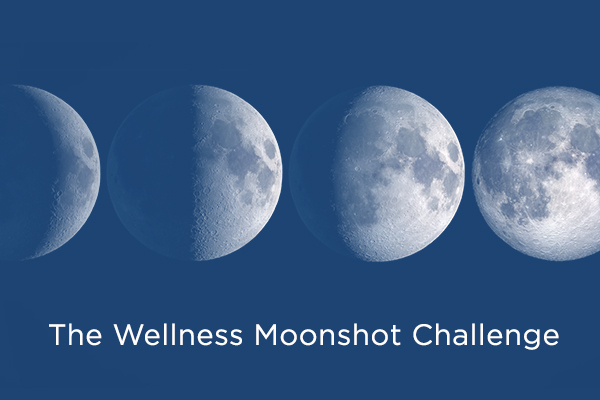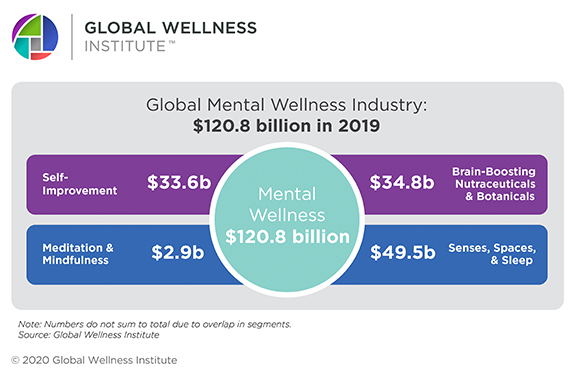For reasons that we’ve expanded on in the past, the pandemic has given fresh impetus to the necessity of implementing broader and deeper wellbeing policies. This is particularly evident in the domain of air pollution as new evidence accrues, suggesting that the situation is worse than we thought. According to a new report, burning fossil fuels causes nearly one in five of all deaths worldwide—a…





























































